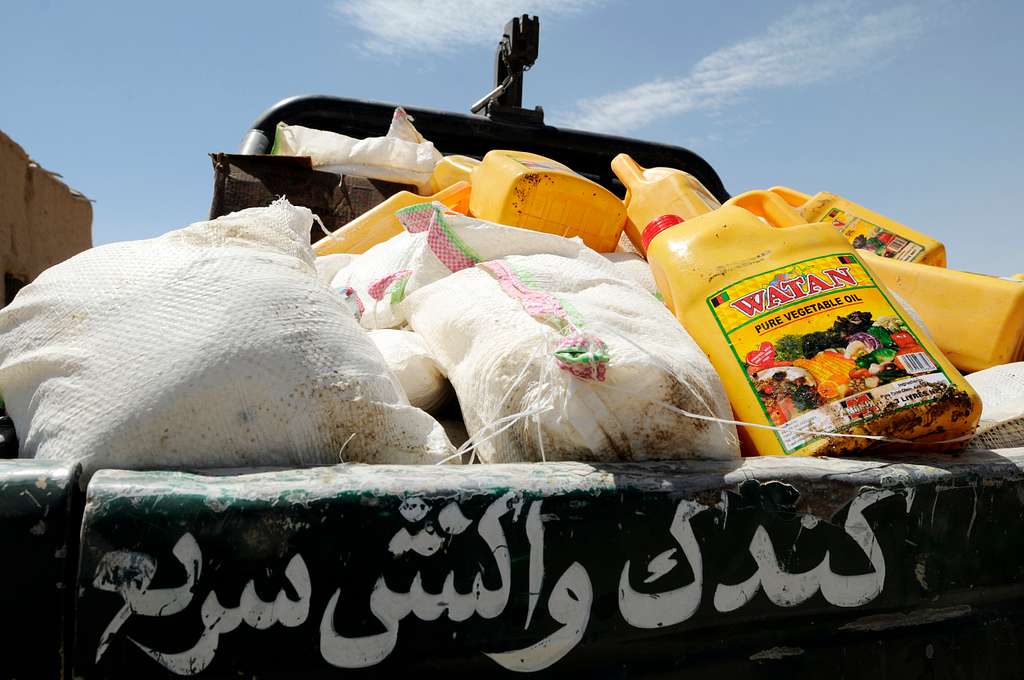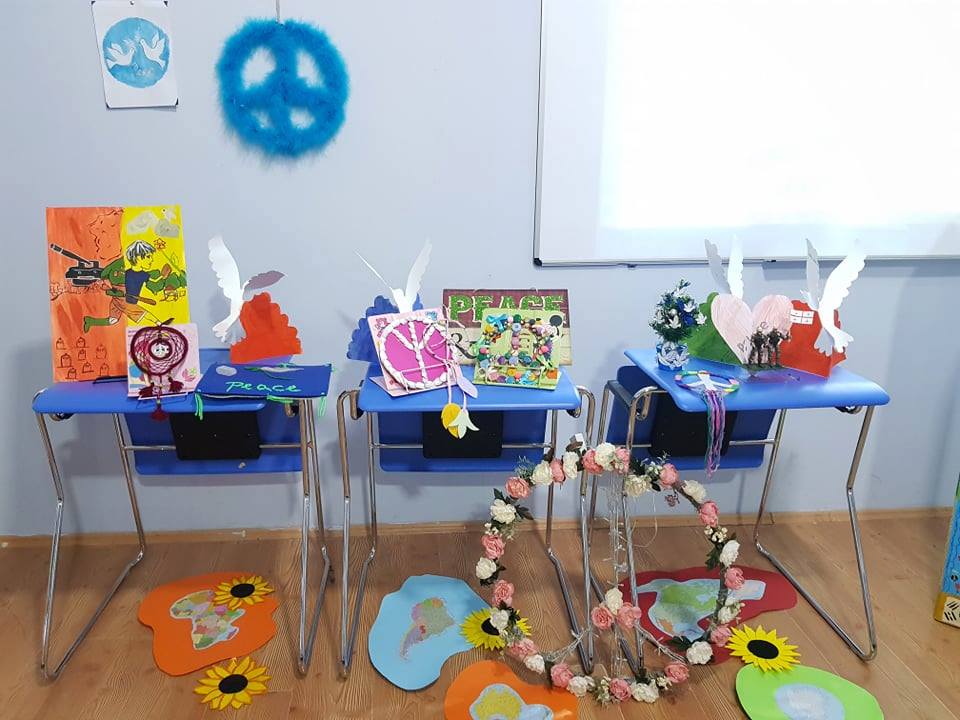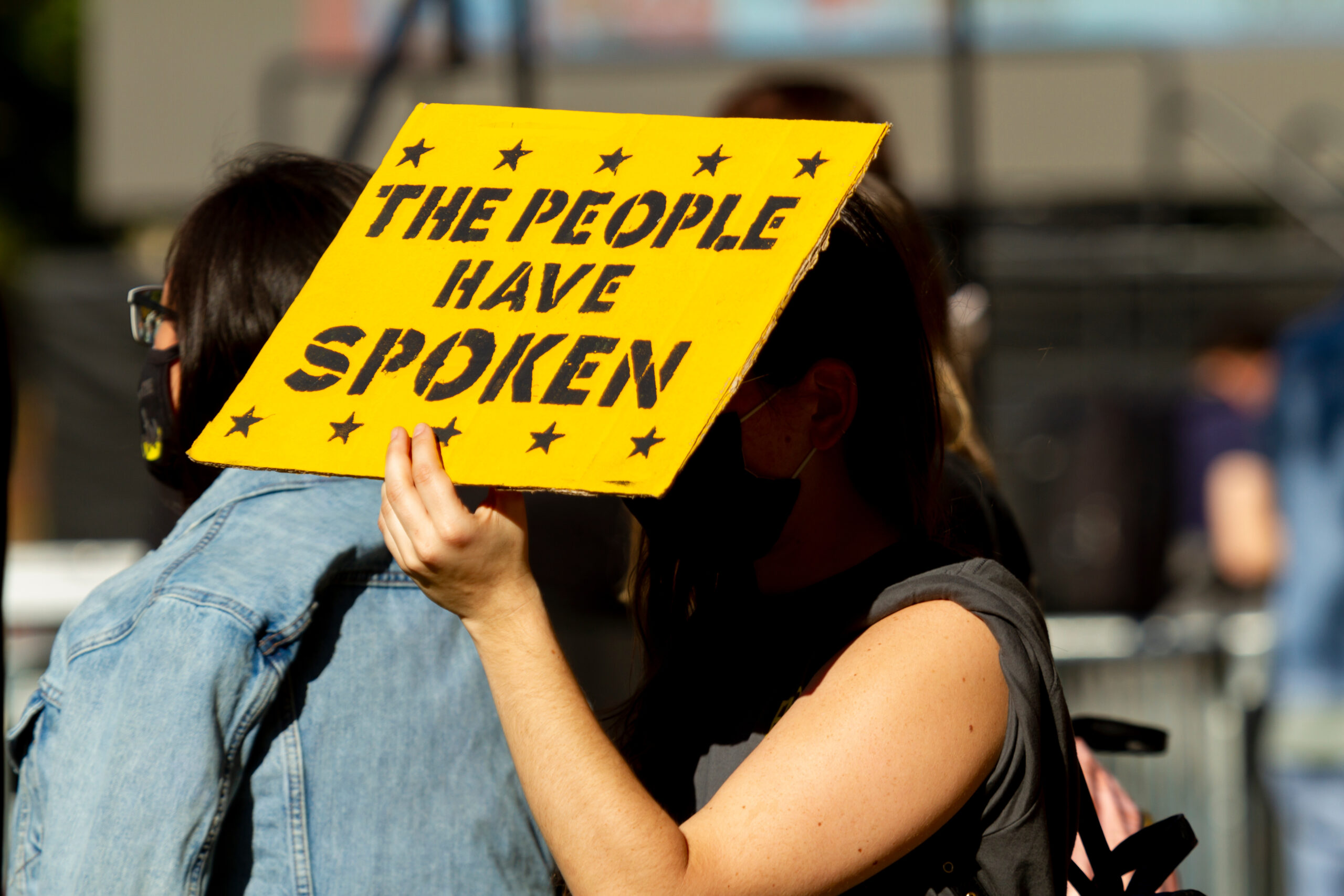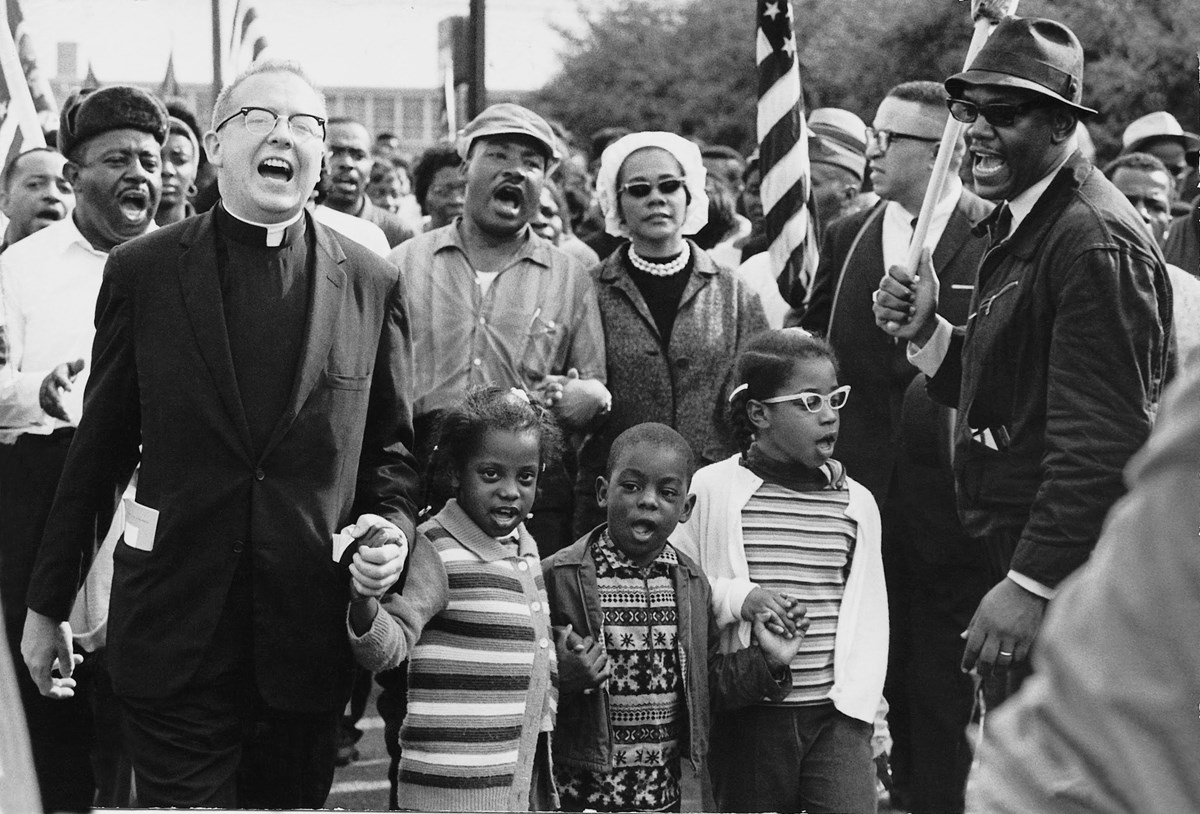Resisting Authoritarianism
Following the presidential elections in November 2024, the second Trump administration moved swiftly to embed its MAGA agenda into the core operations of the U.S. government. The vicious targeting of immigrants without concern for constitutionally protected rights to due process, assaults on the freedom of press, attacks on the courts … Read more

Endless Pursuit of Terror
This analysis summarizes and reflects on the following research: McIntosh, C. (2022). A ‘continuing, imminent’ threat: The temporal frameworks enabling the US war on terrorism. International Relations, 36(4), 568-590. https://doi.org/10.1177/00471178221128196 Author’s Abstract “For nearly two decades, the United States has chosen to narrate its response to terrorism through what Judith … Read more

Building Peace and Resilience through Humanitarian and Development Aid
This analysis summarizes and reflects on the following research: Norman, J. M., & Mikhael, D. (2023). Rethinking the triple-nexus: Integrating peacebuilding and resilience initiatives in conflict contexts. Journal of Peacebuilding & Development, 18(3), 248-263. Author’s Abstract “The triple-nexus was introduced as a conceptual framework to link humanitarian aid, international … Read more

Embracing Conflict in Peace Education
This analysis summarizes and reflects on the following research: Kruger, F., & Zembylas, M. (2023). Theoretical and practical implications of agonistic peace for decolonizing peace education. Journal of Peace Education, 1-22. Talking Points Peace education runs the risk of suppressing necessary conflict and making invisible forms of (Western) domination that … Read more

Strategic Military Retreat to Mitigate Climate Change
For example, consider unions and, specifically, the work force of the military industrial complex. Research from the Costs of War project interviewed defense contractor employees in the U.S. and the U.K. to find out what their views were on climate change and their sector’s role in exacerbating the climate crisis. … Read more

How Militarization Harms Migrants in the Mediterranean Sea
This analysis summarizes and reflects on the following research: Kinacioglu, M. (2023). Militarized governance of migration in the Mediterranean. International Affairs, 99(6), 2423-2441. Talking Points In the context of maritime migration in the Mediterranean region: Migration has been framed as a hybrid threat by the European Union (EU) and North … Read more

Special Issue: Election Violence
In partnership with Search for Common Ground We are days away from the 2024 U.S. presidential election. The United States faces a real threat of election violence—defined by research featured in this special issue as “coercive force, directed towards electoral actors and/or objects, that occurs in the context of electoral … Read more

Lessons from Practice: What Can Prevent Election Violence?
We have thus far extensively reviewed the drivers and wider effects of election violence with a special focus on how it’s experienced in the U.S. A deep understanding of the research on election violence highlights possible prevention and mitigation strategies. For instance, understanding that toxic polarization is characterized by the … Read more

What Are the Wider Effects of Election Violence?
Much of the existing research on election violence focuses on what causes it and what it entails. Physical attacks, threats, and harassment are forms of violence widely described in examples of election violence. Feminist scholars suggest that there is an undercounting of psychological forms of election violence (the form of … Read more

What Drives Election Violence?
In the wake of violence, a few common questions tend to dominate public discourse: Why did this happen? What caused this? These are worthwhile questions that we will address below in this review of the drivers of election violence and other forms of political violence, with a particular focus on … Read more

The Effects of Political Polarization on Political Violence in the U.S. and Other Democracies
This analysis summarizes and reflects on the following research: Citation: Piazza, J. A. (2023). Political polarization and political violence. Security Studies, 32(3), 476-504. https://doi.org/10.1080/09636412.2023.2225780 Talking Points Political polarization makes support for and the occurrence of political violence more likely. In the U.S., Republicans and Democrats who exhibit higher levels of … Read more

